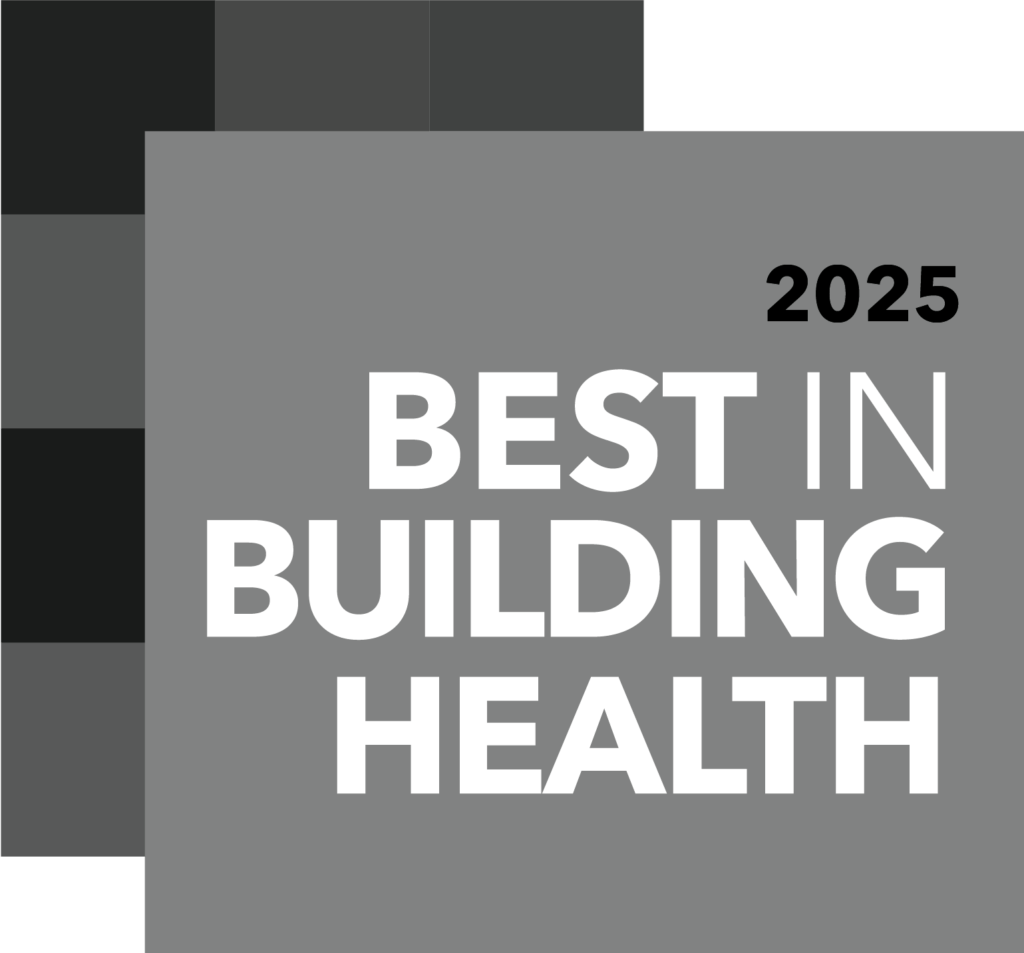
Thought
Understanding Mental Health: A Global Challenge with Personal Impact
Mental health disorders are a significant global concern, affecting individuals across all regions and demographics.
In 2024, cases continued to rise globally. According to the World Health Organization (WHO), one in eight people worldwide lived with a mental disorder, accounting for around 970 million individuals. This marked a significant increase from previous years, showing that mental health issues are becoming more common.
While effective prevention and treatment options exist, most people with mental disorders do not have access to quality care. Many also experience stigma, discrimination, and violations of their human rights.
Mental health disorders can have far-reaching effects, impacting every aspect of life. They often coexist with or lead to issues such as eating disorders, substance abuse, reduced productivity, social disparities, and even suicide.
What is “Mental Health”?
Wikipedia defines mental health as:
“Mental health encompasses emotional, psychological, and social well-being, influencing cognition, perception, and behaviour, and is crucial for overall health and well-being.”
Let’s break it down:
Emotional well-being is about how you manage your feelings—both positive and negative. It involves being aware of your emotions, handling stress, and navigating life’s highs and lows in a healthy way.
Psychological well-being goes deeper, focusing on your inner mental state—like self-esteem, purpose, personal growth, and how you see yourself in the world.
Social well-being centers on your relationships and sense of connection. It includes support systems, belonging, and meaningful interactions—even introverts need some social connection to thrive.
These areas are interconnected. If one is struggling, the others often are too—they’re like threads in the same fabric. Pull on one too hard, and the rest may shift. It’s not always easy to maintain balance in a world that feels paradoxical—beautiful yet broken, connected yet divided, moving faster than ever but often feeling stuck.
So, how do I support myself?
Mental health isn’t just about fixing things when they break—it’s about caring for the whole system. Think of it like tending a garden. It requires regular attention, patience, and balance.
Here are some tips to support your mental health:
- Check in with yourself regularly.
- Eat nutritious food and move your body.
- Stay connected with supportive people and make time for activities you enjoy.
Most importantly, ask for help when you need it. Support is available globally:
- Find A Helpline: A comprehensive directory connecting individuals to free, confidential support for issues like anxiety, depression, and suicide prevention.
- Befrienders Worldwide: Offers emotional support through a network of 349 support centres in 32 countries.
- International Suicide Prevention Wiki: Provides a list of crisis hotlines and support services worldwide.
- United for Global Mental Health: An NGO specializing in global mental health policy, offering information on support services around the world.
- Emotions Anonymous (EA): A twelve-step organization offering support for individuals experiencing emotional difficulties.
How can I support others?
Start by simply being present and listening with empathy, without trying to “fix” everything—sometimes, people just need to be heard. Often, just showing up and letting someone know they’re not alone can mean the world.
Some other things you can do include:
- Check in regularly, especially if someone has been quiet or going through a tough time, but respect boundaries and give space when needed.
- Gently encourage healthy habits—go for a walk together, cook a meal, or suggest journaling—not as pressure, but as support.
- Speak openly about mental health whenever you can as it helps normalise the conversation and reduces shame, and, if they’re struggling, support them in seeking professional help.
- Celebrate small wins and remind them how strong they are just for showing up each day.
My journey & EVORA’s support
I came to the UK almost 14 years ago, and at the time, my English was limited to “Hello, how are you?” and “Thank you / Sorry”! Relocating from a small Italian village to London was incredibly exciting—who in their 20s wouldn’t have loved it?
However, the combination of a language barrier, limited skills (as I was still studying), and the pressure of living in an incredibly fast-paced city eventually took a toll on me. I began to struggle with my mental health, often feeling insecure and incapable.
Since joining EVORA nearly four years ago, those negative feelings have faded.
I’m truly grateful to my colleagues, who are incredibly open and supportive, and who have made me feel like I’m part of something bigger.
I also want to thank the company as a whole for creating an environment that genuinely supports our well-being in so many meaningful ways, such as:
- The upcoming access to the Ele platform, which offers a wide range of resources, podcasts, and webinars – all of which can even be shared with family and friends.
- The soon-to-be launched CiC Global Employee Assistance Programme (EAP), another great initiative that promotes a healthy and supportive work culture.
- OneLab initiative in Sweden, a health-tech scaleup providing biannual surveys and tailored support.
- Regular monthly webinars through Vitality and CiC.
- Access to the Vitality EAP that provides around the clock support, guidance and information.
- Our well-loved Coffee Roulette which continues to help us stay connected and build new relationships across the business.
- Many social team activities and events bring us together in fun and meaningful ways.
Mental health challenges may be personal, but none of us are in this alone. By staying connected, speaking openly, and supporting each other, we can create a more compassionate, mentally healthy world—one step, one person, one conversation at a time.













